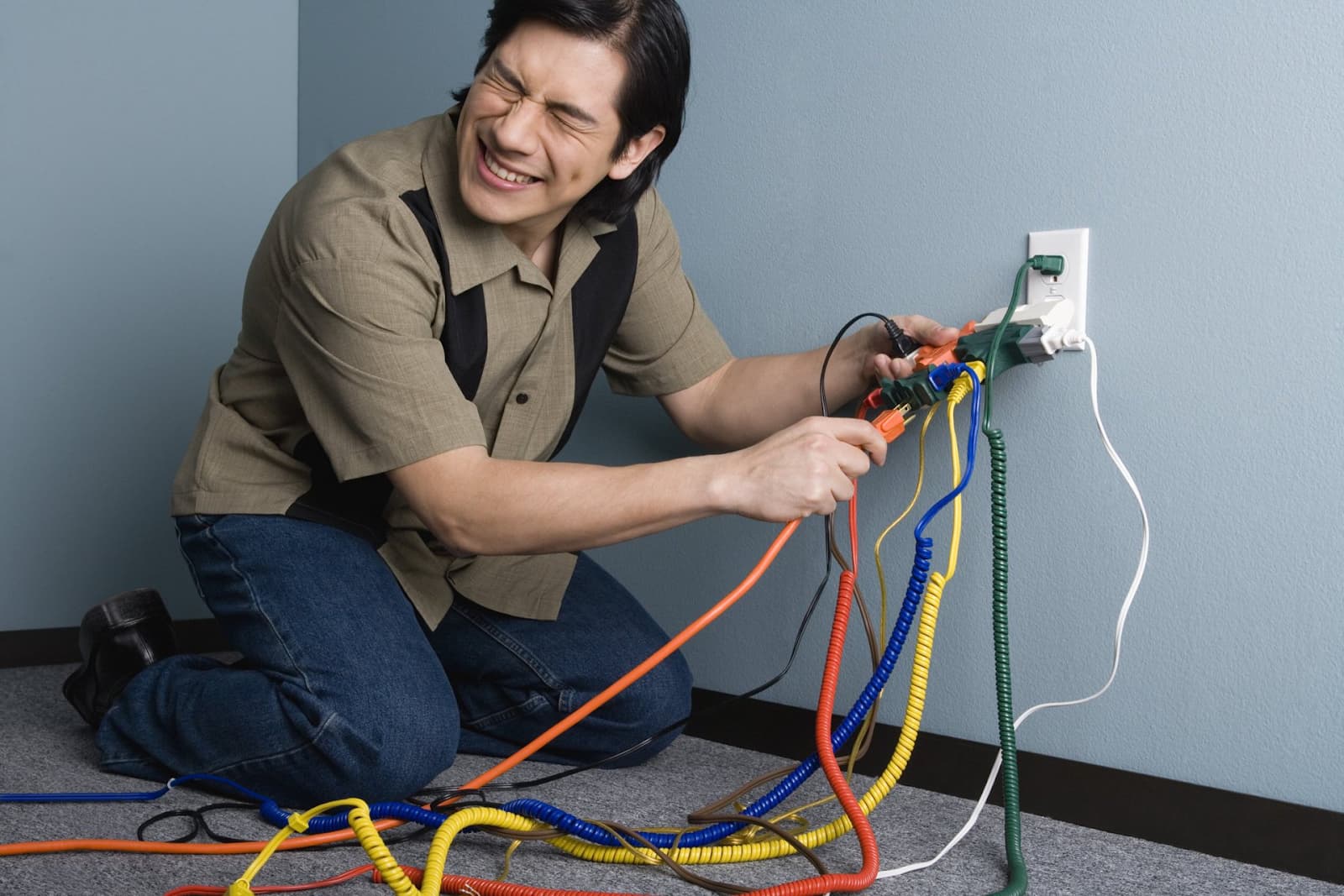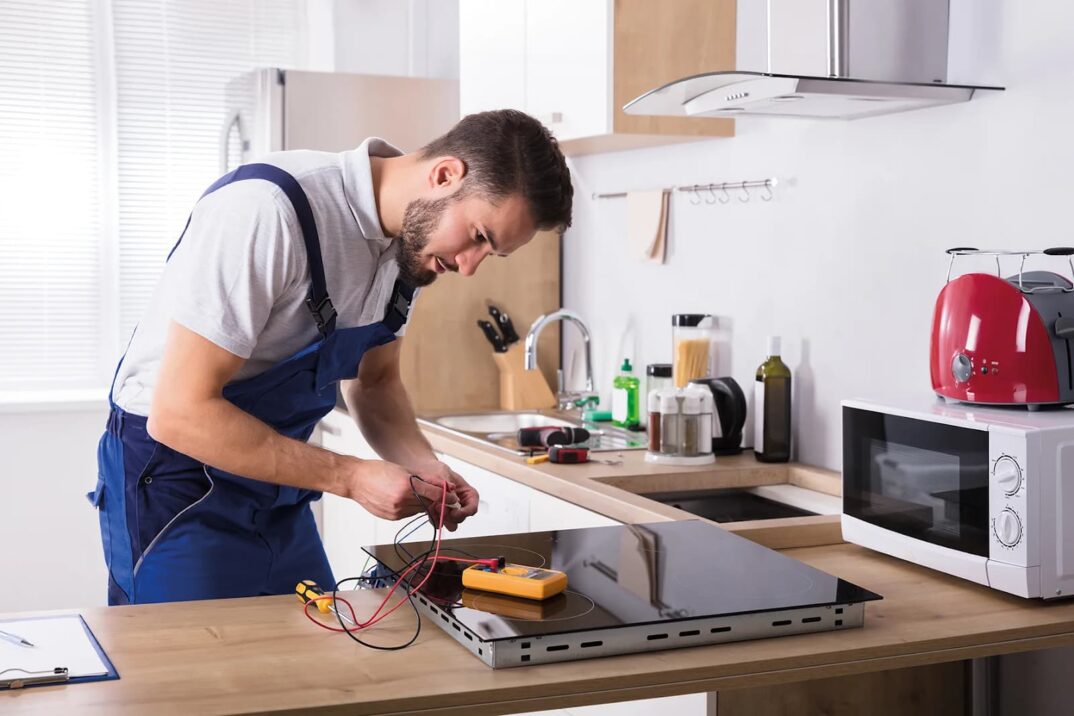
Did you know that electrical fires are one of the leading causes of house fires in the United States? According to the National Fire Protection Association, electrical fires accounted for an estimated 16,100 home structure fires in 2018. That’s why it’s important to be aware of electrical safety tips to help keep your family safe.
With the help of an appliance repair professional, we’ve made a guide of electrical safety tips below that everyone in the family should follow. But let’s start with the essentials.
Why Electrical Safety of Home Appliances is So Important?
Electrical safety is important for a number of reasons.
- First, electricity is one of the leading causes of fire in the home. In fact, electrical fires account for an estimated 51,000 fires each year, resulting in 340 deaths, 1,330 injuries, and $1.4 billion in property damage.
- Second, electricity is also one of the leading causes of injury and death in the home. Each year, there are an estimated 4,000 electrical shocks and 1,000 electrocutions in the home. These accidents often happen when people are using electrical appliances or cords incorrectly.
- Third, electricity can also be a hazard to your health. Studies have shown that long-term exposure to electromagnetic fields (EMFs) can increase your risk of developing cancer.
Home Appliances Electrical Safety Tips
So, what can you do to protect yourself and your family from the dangers of electricity? Here are some electrical safety tips to keep in mind:
- Inspect your cords regularly. Look for any signs of fraying or damage and replace them immediately if you see any.
- Install smoke detectors and carbon monoxide detectors in your home and check them regularly to make sure they are working properly.
- Don’t overload your outlets. If you have too many devices plugged into one outlet, it can cause a fire. So only plug in as many devices as your outlet can handle.
- Keep flammable materials away from electrical appliances and heaters.
- Never use electrical appliances or cords in wet areas.
- Don’t use extension cords as a permanent solution. If you need to use an extension cord, make sure it’s not damaged and that you don’t have it plugged into more than one outlet at a time. Also, make sure the cord is not running under a rug or furniture where it can get damaged.
- Get rid of any old or unused cords. Even if they’re not being used, they can still pose a hazard if they’re damaged or frayed. So get rid of them as soon as possible.
- If you live in an area prone to thunderstorms or other severe weather conditions, unplug all electrical appliances and devices before the storm hits. This will help prevent damage to your appliances and also reduce the risk of fire or electrocution.
- Never try to repair a cord yourself. If you have a damaged or frayed cord, don’t try to repair it yourself—get a professional to do it for you.

What to Do If My Home Electrical Appliances Do Not Work Properly?
If you have a home electrical appliance that is not working properly, the first thing you should do is check the power cord. Make sure it is plugged in securely and there is no cord damage. If the cord looks damaged, do not use the appliance and contact a professional to have it repaired.
If the power cord is not the problem, you will need to check the appliance. Make sure all the connections are secure and that there is no damage to any of the components. If you cannot find the problem, or if you are unsure how to fix it, then you should contact a professional for assistance.
Problems with electrical appliances can be dangerous, so it is always best to err on the side of caution and seek professional appliance repair help when necessary.
Final Thoughts
Following these simple electrical safety tips can help prevent electrical fires in your home. Be sure to regularly check your electrical appliances and cords for damage, and always contact a professional if you are unsure about how to fix an issue. With a little bit of vigilance and annual appliance maintenance in Scarborough, you can help keep your home safe from electrical fires.